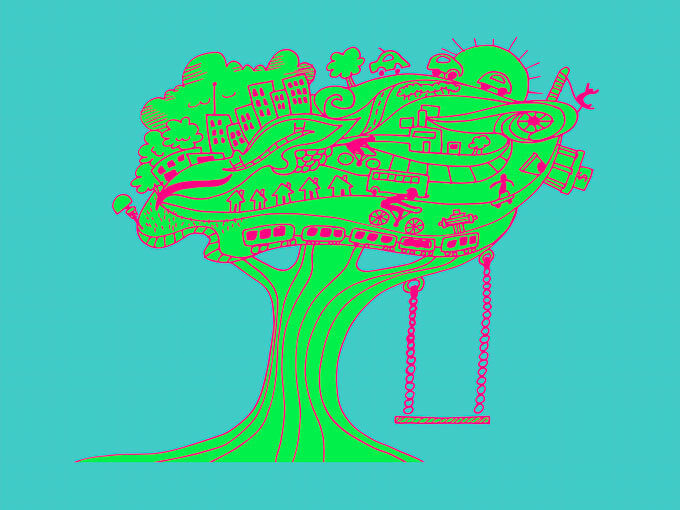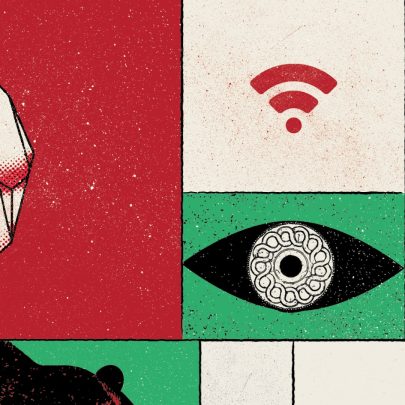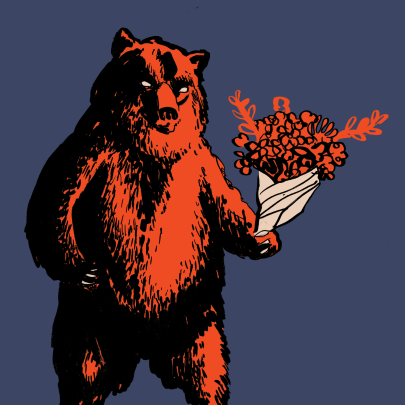May 15, 2019 Society
As best-selling author Thomas Friedman wrote when discussing the importance of healthy communities: “When people feel protected, respected and connected it generates enormous trust.” But, as these local academics explain, an increased sense of belonging can also generate improved mental health outcomes, longer lives and higher levels of happiness.
This story initially appeared on OurAuckland and is shared with permission.
Love thy neighbour, love thy countryman. That seems to be one of the key findings of a survey showing people with supportive neighbours are more likely on the whole to trust other New Zealanders.
The 2014 New Zealand General Social Survey (NZGSS) also found New Zealanders who felt connected with their neighbours were more likely to report feeling safer than those who were more socially isolated.
Auckland’s communities are changing rapidly: more of us are working longer hours, technology is removing the need for many personal interactions and increasing house and rental prices mean we’re less likely to stay put and get to know our neighbours in the first place.
As a result, many of us can feel adrift, struggling to connect with those living around us. According to the 2018 NZGSS, those aged 15-24 are most likely to feel lonely. The feeling subsides for several decades and then increases again in old age.
So what can be done to help in this age of isolation? Local academics say volunteer work and connecting with like-minded individuals living nearby are two ways of fostering a sense of community and belonging.
Research by University of Auckland psychology professor Chris Sibley, who leads the long term Attitudes and Values study in New Zealand, has found social connectedness is critical for mental wellbeing, and that there is a strong link between isolation and poor mental health.
In a paper published in 2017, Sibley and four other researchers said there was great value in improving social connectedness, through facilitating engagement with community groups or encouraging new group memberships.
University of Auckland professor Merryn Gott has spent more than 20 years conducting research with older people, and a recent study showed that loneliness was a significant issue.
Lack of access to public transport, lack of money to allow participation in a small social ritual like visiting a cafe and feeling less rooted in a community because neighbours they’d known had moved away or died contributed to feelings of isolation across all social groups, Gott says. For older Chinese and Korean people in particular, racism played a part in their feelings of loneliness.
Gott has partnered with Age Concern during her research and says she found its accredited visiting service was an effective way to build feelings of community – not only for the elderly people being paid a visit, but also for the volunteers who put their hands up for the job.
“There’s a lot of evidence from overseas that volunteers can get as much if not more benefit from participating and giving back than the person receiving the support,” she says. “Quite often students sign up to be befrienders, and that intergenerational mixing is really nice.”
The older people receiving the service liked when they could offer something in return, Gott says. That might be an explanation of cultural history, or English language lessons. She says students can also feel isolated, particularly if they’ve moved cities or countries to study.
Fellow University of Auckland professor Quentin Atkinson found people who have a sense of belonging and community tend to be happier, healthier and live longer lives.
Traditionally this has applied to religious people, and religious affiliation has “effects on people’s engagement in the community and how much they’re willing to volunteer for the community”, Atkinson says. The number of people who attend church regularly in New Zealand has been falling for some time, but he says religion is not the only structure that can encourage people to be more “pro-social” and contribute more to their communities. Joining local clubs could produce the same sense of belonging.
“My general take is that be it religion or other forms of community organisation – bowling clubs, tennis clubs, the RSA – it’s like recreating the village. It’s difficult to overstate the impact of that kind of community involvement.”
Currently, Auckland Council facilitates community engagement by allowing full-time staff one paid day off per year to spend contributing to the community through charities like the Red Cross, Auckland City Mission or SPCA.
While big cities buzz with activity, they can also be isolating, so aligning with a smaller group can be vital. The internet has made it easier to find like-minded people, but Atkinson says research is showing us online interactions don’t create the same feeling of belonging as real-world connections.
“You still need that real human interaction. [Eeven] if you’ve got this special interest group of people like you across New Zealand who you’ll never run into at the shops, it doesn’t help build real face-to-face relationships.”
This story was first published on ?Our Auckland.






